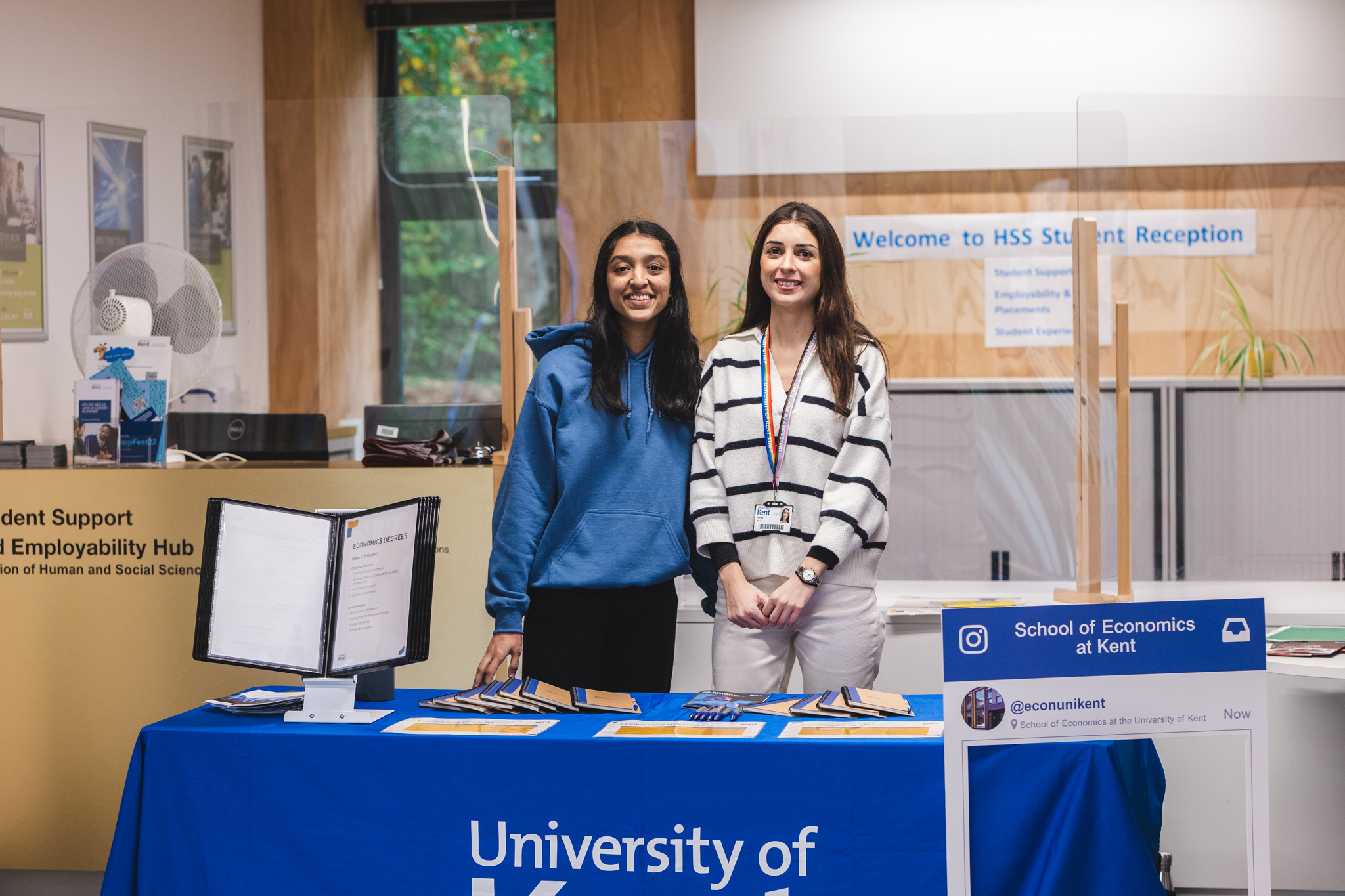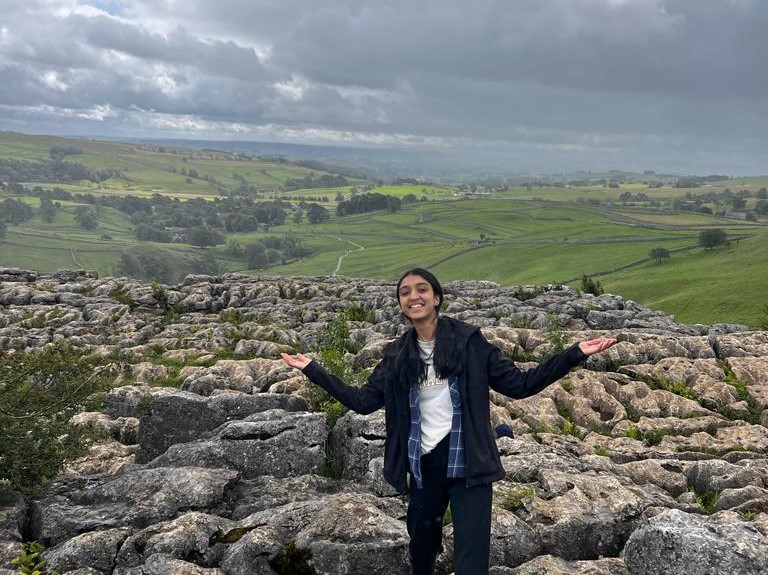Henna Patel chose to shake up the routine of seminars, lectures and her part time job by taking a Year in Industry at a paid placement position. We caught up with her at Lloyds Banking Group in Leeds to ask her how she’s getting on.
Why did you chose a Year in Industry?
To gain additional skills, apply the ones already gained from my degree and graduate with some work experience.
So, Univeristy or Placement?
Biased answer incoming…placement! In no way do I mean to offend the amazing lecturers and seminar leaders, second year was very interesting!!! But right now, I am really enjoying working the different routine and the paid placement also means I do not need a part-time job this year to supplement my student income. Before, I worked in a pharmacy alongside my studies, (don’t worry, I was under the supervision of a pharmacist!). However, I will have to hit the books at some point before going into my final year to remind myself of everything.
How did you secure your placement?
I had to make quite a few applications before I secured an offer. The more applications and interviews I did, the more aware I became of the recruitment process, and it goes without saying that the key is to do your research on both the firm and the role! I would also recommend setting up mock interviews with the careers department. And who knows, you may not have to make many applications at all!
‘Good luck!!! Always happy to help if anyone needs advice around the application process – also, do not hesitate to talk about your part-time jobs!!’
What does your placement entail on a day-to-day basis?
Within my role in the Risk department, there is quite a lot of moving between excel sheets and SAS (programming language) windows. Lots of numbers and lines of code everywhere. You could be analysing variables or deriving them. It can vary for other teams and roles as they would use different tools i.e., PowerBI, PowerPoint etc. Non-technical roles would be slightly different. Occasionally, there will also be meetings to catch-up with your line manager/buddy/team and frequent meetings with the wider team to hear of any updates on the progression of various ongoing tasks.
What skills from your degree have been useful at placement?
The Statistics and Data Analysis module from the first year has already come in handy in my daily tasks. If I am likely to get more difficult tasks in the coming months, there would an opportunity to implement my Econometrics knowledge from second year. You also get to apply your macro-economic knowledge when analysing variables that could be affected by changes in the economic cycle.
What was it like to relocate?
It was definitely a long drive up to Leeds for my uncle who was kind enough to drive me! Otherwise, Leeds offers a range of accommodations, so you can always find a place to stay. Being close to the countryside has also been great for hikes!
What skills have you developed for the workplace?
I am currently in the process of developing my technical skills around using Excel, SAS and will soon be learning the basics of PowerBI. In terms of soft skills, the job requires attention to detail and good communication skills so that you can easily explain something complex to anyone. I’m working on improving these skills too!
How do you think it will help your career prospects?
Going forward, I think it will make it easier to know what I want to do in my day-to-day and look for roles that will meet my interests. It would also help to apply for entry-level roles alongside graduate schemes as I would have developed quite a few technical and soft skills.
What plans do you have for after you graduate?
Undecided! But for now, it is safe to say I can see myself considering a role in retail banking or development finance.
Henna Patel is studying for a BSc (Hons) in Economics with a Year in Industry.


